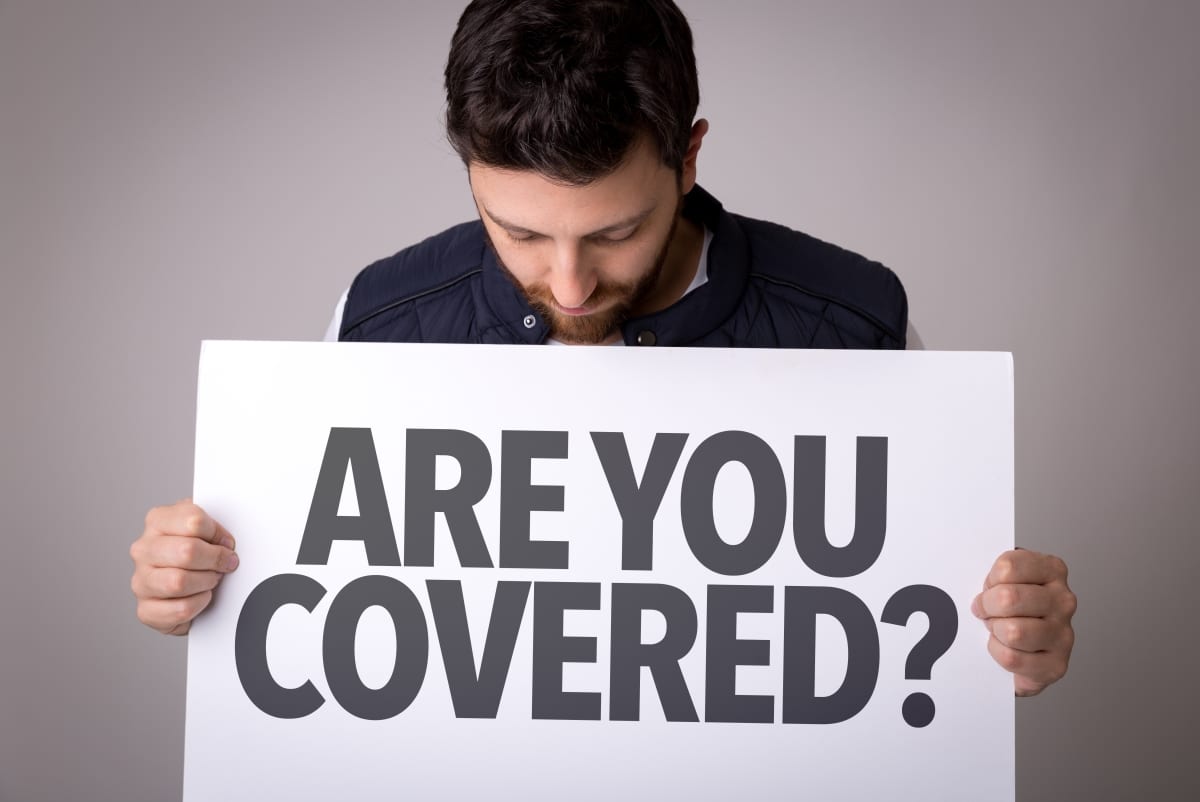Loss of Use Coverage – Do You Need It?

Loss of Use Coverage – You Might Need It
Loss of use auto coverage is just what it says it is—insurance coverage tapped into when you have lost use of your vehicle. If you’ve been in an accident, loss of use insurance helps you with resulting disruptions in your standard of living. Besides auto insurance, loss of use can be applied to homeowners insurance and renters insurance.
Using Loss of Use Coverage with Auto Insurance
Loss of use coverage may be something you’ve already used. In the past, if you’ve been in an accident, your car had to be worked on and your auto insurance policy included loss of use, you were reimbursed for a temporary car rental.
But, loss of use is not included in auto insurance—such as liability coverage—and you need to add it in. Read through your auto insurance policy carefully to see if loss of use is included.
How Much Does Loss of Use Coverage Cost?
Loss of use coverage usually adds just a few dollars a month to your auto insurance policy. If it is meant for a business vehicle, or a fleet of business vehicles, loss of use will be more expensive.
Coverage Limits
Your insurance company specifies coverage limits, stating the maximum number of days or how much they will pay for a rental. This varies by insurer, but you might be reimbursed for up to $50 a day. If it costs more than the reimbursement limit, you must pay the difference. Insurance providers will only pay for reasonable rental costs. In other words, you can be denied rental fee coverage if you own and insure a standard car but opt to rent an expensive luxury car.
When to File a Loss of Use Claim
You have between the time your auto is damaged in an accident and before repairs are completed to file a loss of use claim. The insurer will usually cover a vehicle repair up to 30 days; the claimant is then responsible for the remaining costs.
To qualify for coverage, the following are required:
- You were operating a vehicle that you owned, rented or leased when the accident occurred
- The vehicle was damaged and needs repairs and you will need alternative transportation for until repairs are complete
- You were not the at-fault driver in the accident, although some policies allow you to file even if you are at fault.
Common Reasons Loss of Use Claims Can Be Denied
Loss of use claims can be denied by an insurance company. Here are some of the most common reasons:
- You were at-fault in the accident. The most common reason an insurance company denies loss of use claims is the accident was considered the insured’s fault.
- You were driving erratically. Evidence points to the insured was driving recklessly or with gross negligence.
- The loss of use claim is considered unreasonable. If the rental car used is too expensive (i.e. while you drive a Toyota you rented a Mercedes) the claim is often denied.
- Repair time is too long. If the insurance policy puts a lower limit on the number of days, you’ll likely be denied for any period after that number. For instance, if the policy says 30 days you’ll only be reimbursed for those 30 days.
- You have no proof of costs. If you can’t provide evidence of the amount of money you spent on a substitute vehicle, your loss of use claim can be denied.
Your Auto Loss of Use Coverage
Research your auto insurance options based on what kind of vehicle you want to insure, be it a car, convertible, jeep, SUV, boat, commercial vehicle, all terrain vehicle (ATV), motor home (RV) or watercraft. Use the online quote-generator to compare quotes and information from multiple providers.
Loss of Use Coverage for Home Insurance
Loss of use homeowners insurance, also known as additional living expenses, is part of a standard policy. When your house has sustained a covered loss and is considered uninhabitable, loss of use covers temporary housing. If you must stay in a hotel while your home is repaired or replaced, for instance, your insurance covers it.
Limits can vary between insurance company, but additional living expenses coverage is generally 20% to 30% of your home coverage limit. Whatever that figure is can be spent on living expenses.
Loss of use expenses typically covered include:
- Groceries, food and restaurant bills
- Hotel or motel costs
- Fuel and parking fees for your vehicle
- Storage fees
- Transportation
- Pet boarding
Keep in mind that you’ll probably have strict limitations on what your insurance company will pay for. They will want proof of your expenses, so it’s important to hold onto all receipts. You may also have coverage limitations on how many days your policy will cover.
Loss of Use and Rental Property
Loss of use can also help owners recover loss of rental income while the renter lives elsewhere.
Renters Insurance and Loss of Use Coverage
Loss of use is typically included in renters insurance. Besides protecting you as well as the items you own in the dwelling, renters insurance will usually pay your living expenses if the home becomes unlivable following a covered peril. Renters insurance loss of use will cover typical expenses such as:
- Groceries, food and restaurant bills
- Hotel or motel costs
- Fuel
- Credit checks when looking for a new rental
Check with your policy or with your insurance company about the details of what your policy does and does not cover.

 EINSURANCE
EINSURANCE EINSURANCE
EINSURANCE EINSURANCE
EINSURANCE